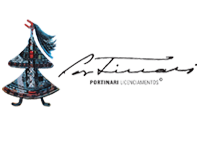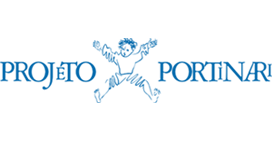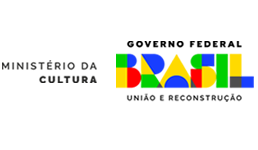EMPTY LABEL
His artistic bent; exhibition at the Colégio São Paulo; the painter Barros, known as "O Mulato"; President Getúlio Vargas' dictatorship; Portinari's political campaign in São Paulo; Bonadei's drama group; Lasar Segall; Clubinho dos Artistas; Semana de Arte Moderna; Portinari returns from Europe as a modern painter; the painting "Country Ball"; Luiz Ventura at the Teatro Brasileiro de Comédia; Bassano Vascarini; Ventura's trip to Europe; the Existentialism in Paris; Otávio Araújo; Grupo 19, option between socialist Realism and Abstractionism; Volpi; the quarrels between Portinari and Scliar in Paris; Fougeron; Gotuzzo; Portinari's exile in Uruguay; Jorge Amado; Graciliano Ramos; the fixative used on the panel "Tiradentes"; contact with Portinari in Paris; the meetings at Portinari's house; differences between Portinari and Di Cavalcanti; Portinari's profound understanding of drawing; financial problems in Paris; Mário Gruber; Portinari's bad temper; Portinari's lack of desire to paint portraits; "Fundamentos" magazine; Ventura collaborates for "A Classe Operária"; Ventura works with Di Cavalcanti; Clóvis Graciano; Lói Portinari; Portinari's studies for the panel at the Quitandinha Hotel; the social function of Portinari's art; the work routine at Portinari's studio; the illustration of the book "Cangaceiros"; Campofiorito; frequent guests at Portinari's house; Portinari's ironic tone; Portinari's attitude towards Abstract Art; the painting "Scarecrow"; Monica Filgueiras de Almeida; Portinari lives solely off his art; Capanema; Portinari paints "Coffee" on a sheet; Bienal de São Paulo's award criteria; Drummond; criticism of Portinari's Figurative Art; the meticulousness in Portinari's work; Portinari's drive to become a painter; Ventura teaches Portuguese in China; returns to Brasil in 1970; exhibition at the hippie market; Portinari's illness due to oil dyes; news of Portinari's death.
























































